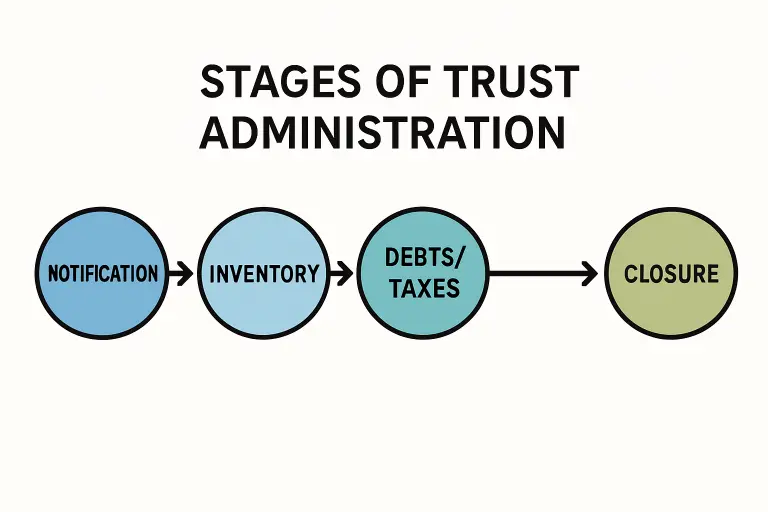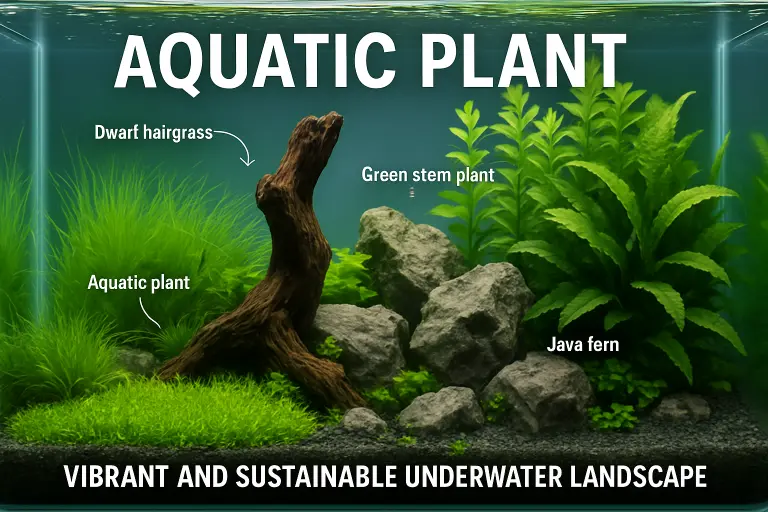Table of Contents
Key Takeaways:
- An overview of why water management education is critical in today’s world
- Introduction to various water management courses available
- Insights into the skills acquired through these courses
- Real-world applications of water management education
Introduction
Addressing global water challenges has never been more urgent. The demand for innovative solutions intensifies in the face of accelerating population growth and climate change dynamics. It is where dedicated education programs in water management become invaluable. By enrolling in water management courses MSU, aspiring professionals are armed with the skills necessary to address these issues efficiently and effectively. These programs are designed to cultivate technical acumen and a comprehensive understanding of our communities’ urgent water issues.
The pressing need for experts in water management cannot be overstated. The skills honed through water management education have expansive applications, from resource conservation to ensuring access to clean water, illustrating education’s critical role in this arena. The World Bank underscores that sustainable water management is central to addressing the water scarcity affecting over 40% of the world’s population.
The Importance of Water Management Education
The global water crisis presents a multitude of challenges that require immediate solutions. Nearly 2 billion individuals globally are utilizing contaminated drinking water sources. This harsh truth underscores the vital importance of education in water management, empowering individuals with the knowledge to develop and implement sustainable solutions. By focusing on innovative engineering methods, policy frameworks, and community-based efforts, education equips individuals to actively contribute to resolving these pressing issues.
Furthermore, trained professionals in the water management sector lead ecological preservation efforts. Education in this discipline allows for understanding the intricate relationship between ecosystems and human activity, ensuring that interventions consider environmental sustainability alongside human needs.
Diverse Course Options in Water Management
Diverse educational pathways abound within the realm of water management. Prospective students can choose from various options, including online certifications, degree programs, and specialized workshops. These offerings often encompass a broad spectrum of topics, such as hydrology, environmental science, policy analysis, and engineering solutions tailored for water conservation and quality assurance. Importantly, many of these programs include hands-on experience. Institutions worldwide constantly adapt their curriculums to include cutting-edge research and the latest technological advancements, ensuring graduates are adequately prepared to manage the changing dynamics of water management issues.
Skills Acquired Through Water Management Courses
Graduates of water management programs acquire a diverse array of skills that are indispensable in the modern workforce. These range from analytical thinking and problem-solving to strategic planning and the ability to implement comprehensive water management policies. For example, students are taught to analyze complex water systems and infrastructure data, recognize the nuances of water policies, and devise technical solutions that optimize resource use while conserving vital resources.
In addition to these foundational skills, many programs integrate advanced technologies such as Geographic Information Systems (GIS) and remote sensing. This proficiency with modern tools allows graduates to develop innovative approaches to existing challenges, making them invaluable assets in creating sustainable water management solutions.
Real-World Applications of Water Management Studies
The practical applications of water management education are extensive and varied. A profound understanding of water systems significantly improves urban planning efforts. Urban water planning, for example, intersects strategic planning with innovative problem-solving to manage water resources sustainably, particularly in rapidly growing urban centers. Professionals equipped with specialized education can implement strategic initiatives that enhance water conservation and efficiency.
Additionally, practical knowledge gained from water management studies opens avenues for direct involvement in community-based projects such as watershed management and habitat restoration. These initiatives highlight the tangible benefits of educated water resource management intervention, positively impacting local communities and broader environmental health.
Career Opportunities in Water Management
With a degree in water management, many career opportunities become accessible. Potential career paths for graduates include roles such as hydrologists, water resource managers, and environmental consultants. This demand is reinforced by the Bureau of Labor Statistics, which projects significant job growth in environmental fields. It reflects the escalating need for skilled water management professionals capable of developing innovative solutions to persistent issues in this sector. These careers offer the chance to contribute meaningfully to society and provide rewarding personal and professional growth opportunities.
The expansive scope of work allows professionals to engage with diverse stakeholders, strategize solutions for complex problems, and implement impactful changes that drive sustainability in water management practices worldwide.
External Factors Influencing Water Management Education
Several external factors, such as regulatory developments, environmental considerations, and technological advancements, influence the ever-evolving landscape of water management education. As global policies evolve to address water sustainability challenges, educational programs must adapt to align with these regulatory changes, ensuring students are prepared to meet the demands of the field. Recent adjustments in regulatory frameworks aim to enhance sustainability practices across industries, influencing the structure and focus of educational initiatives in water management. Integrating new technologies also impacts how water management is taught, with curriculums expanding to include cutting-edge tools and methodologies that are pivotal in the quest for sustainable solutions.































































































































































































































































































































































































































































































































































































































































































































































































































































































































































































































































































































































































































































0